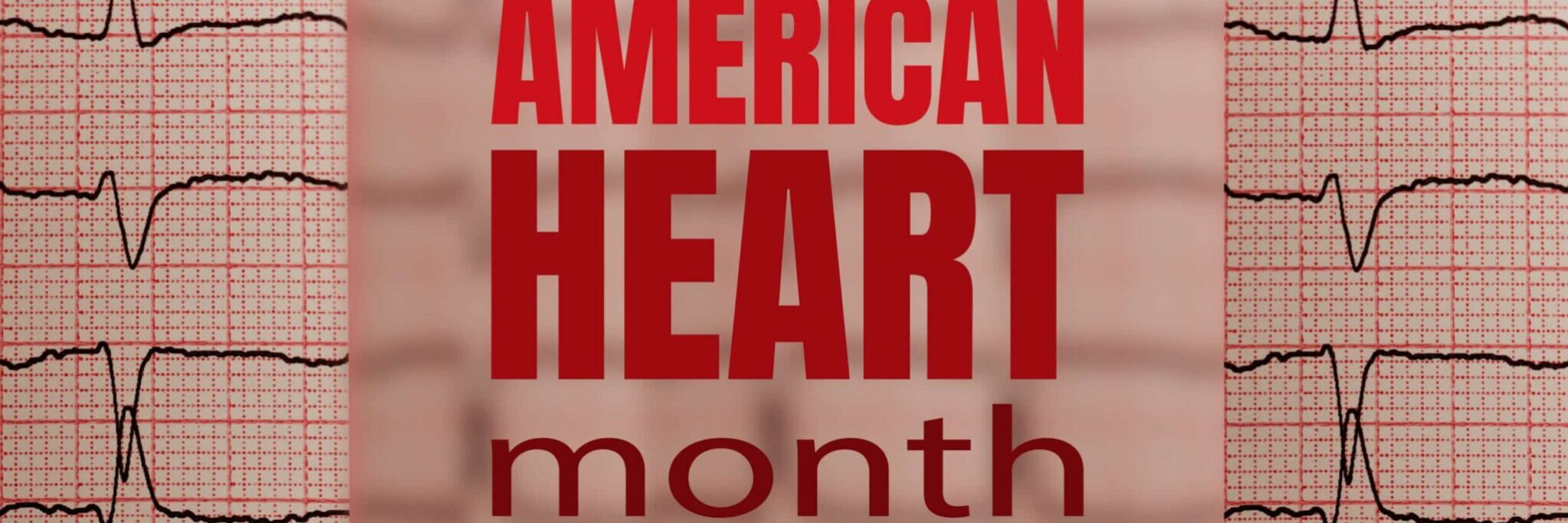February marks the annual American Heart Month. It’s a time for heart health awareness and education. Heart disease is the number one killer of Americans. It is important to take steps to be healthy, but heart attacks are an all too frequent occurrence. American Heart Month is also a time to be aware of the symptoms of a heart attack and what medical professionals should do to help.
Heart Attack Symptoms
A heart attack occurs when the blood supply to part of the heart muscle is severely reduced or stopped. It usually happens when one or more of the arteries that bring blood to the heart is clogged. There are a wide variety of heart attack symptoms, and they can differ depending on a person’s gender. Some common heart attack symptoms include:
- Chest, arm, abdominal, neck, back, or jaw pain
- Excessive anxiety and an impending sense of doom
- Discomfort that radiates from the chest through the back and arm
- Shortness of breath
- Excessive sweating
- Dizziness or lightheadedness
- Nausea (more common in women)
- Extreme fatigue
About 1/3 of heart attack patients never experience chest pain. That’s why it is important to err on the side of caution and be aware of the variety of symptoms that can occur.
Failure to Diagnose a Heart Attack
All too often, a patient presents at an emergency room, and a heart attack diagnosis is missed. This is often the result of medical negligence and can have a deadly effect. A heart attack can be misdiagnosed as indigestion, heartburn, a panic attack, or something else. Medical professionals have an obligation to thoroughly examine a patient when they present with a variety of symptoms. They should take a good history of the patient and look out for heart attack risk factors. If a doctor fails to adhere to the standard of care when examining a patient that presents with heart attack symptoms, their actions may be medical malpractice.
Contact a Medical Malpractice Attorney
If you’ve suffered from a medical misdiagnosis, you should have your case evaluated by an experienced medical malpractice attorney. At Bonina & Bonina, P.C., we have been helping the victims of medical negligence for over 50 years. Contact us online or call us at 1-888-MEDLAW1 to schedule your free consultation. Home and hospital visits are available. Se habla español.

